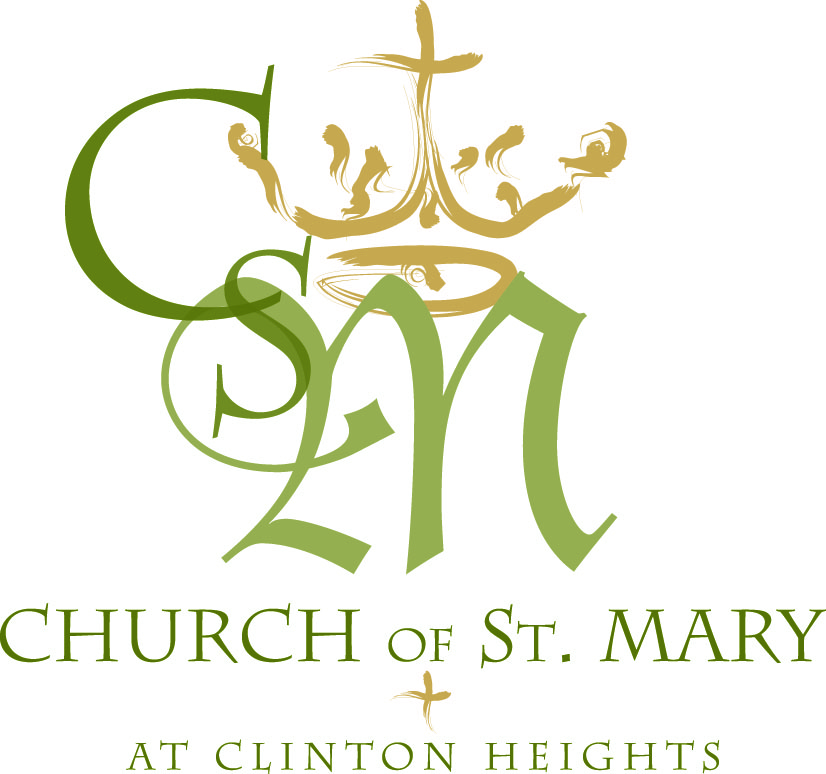 This past week opened up the spring semester at Siena College and I met thirty new students in my course on Catholicism. We spent the first three hours of our class discussing these few questions: first, does God exist; second, if God exists, is He knowable; third, if God exists and is knowable, then is He known? One of the reasons I begin this way is to get a sense of where the students are coming from and, second, to see if they can think and speak rhetorically. As usual, they did very well. That’s not to say none of them had questions or even rebuttals, but without appealing to faith, we were able to progress nicely during our first session.
This past week opened up the spring semester at Siena College and I met thirty new students in my course on Catholicism. We spent the first three hours of our class discussing these few questions: first, does God exist; second, if God exists, is He knowable; third, if God exists and is knowable, then is He known? One of the reasons I begin this way is to get a sense of where the students are coming from and, second, to see if they can think and speak rhetorically. As usual, they did very well. That’s not to say none of them had questions or even rebuttals, but without appealing to faith, we were able to progress nicely during our first session.
One common thread that flowed throughout our eveningas it does each semesteris the impression I had that many of the students wanted proof of God’s existence. Don’t get me wrong: I love it when students pose critical questions and thoughtful problems, but the fact still remains that many of them wanted proof. Contrast these contemporary souls with those from our first reading. All of the peoplenot most or some, but alllistened intently to the Law of God. Showing the scroll of the Law, all of the people rose. With that, all of them then prostrated themselves before the Law and hid their faces. Why? Clearly they held that not only did God exist, but God was revealing HimselfHis very selfin the Law of the covenant. As the Law was presented to them, God Himself was present to them…and they knew it. Such a presence was to be a source of joy and comfort for them…and He was indeed.
Even in our gospel passage, we hear of Christ passing through Galilee where all the people praised Him, and upon entering the synagogue at Nazareth, He is handed yet another scroll, not of the Law, but of the prophet Isaiah. After proclaiming the prophecy, all eyes looked intently at Him, ready to praise His wisdom, and Christ announces that such prophecy is fulfilled in their very hearing.
Taken together, both the scroll of the Law and the scroll of the prophet, Jesus Christ fulfills the promise of the ages, bringing God’s acceptable time to His people. Yes, not merely with the Law and prophets, but in His very self, Christ reveals the presence of God…and the people know it. There is not yet any question within them: God is indeed knowable.
Without appealing to matters of faith, my students and I proceeded to prove God’s existence using various philosophical arguments (that, I might add, fared quite well!), but clearly with faith, the existence of God is sure and true, our ability to know Him from His own revelation is a blessed gift, and the faith we live that flows from such a truth, enables us to walk with God always and everywhere.





